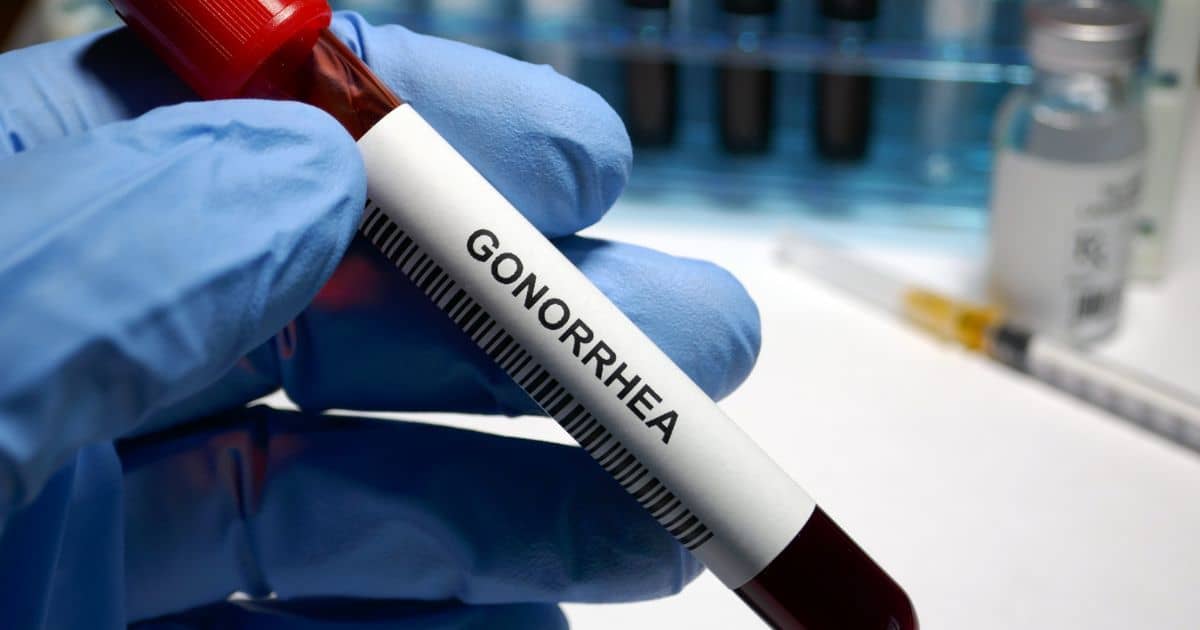Healthcare professionals in the US have identified two cases of gonorrhoea that seems to be resistant to every kind of antibiotic, CNN reports.
This is the very first time that researchers identify a strain of the bacterium that demonstrates such a high level of resistance.
The Evolution of Drug-Resistant Gonorrhoea
Gonorrhoea is one of the sexually transmitted diseases that has evolved to resist various kinds of antibiotics.
This is a powerful evolutionary mechanism. In order to survive, many pathogens develop the ability to resist and even defeat the medications used to eliminate them. Over the years, gonorrhoea has become a primary example of how this evolutionary mechanism works.
According to the World Health Organization, antimicrobial resistance in the gonorrhoea bacterium has been increasing rapidly. In fact, this kind of antimicrobial resistance in Neisseria gonorrhoeae (the bacterium causing the condition) started as soon as effective drug treatments for gonorrhoea became introduced.
The resistance continued increasing steadily over the past 80 years. Over those decades, several classes of antibiotics became ineffective. Penicillin, tetracyclines, sulphonamides, trimethoprim combinations and quinolones are no longer being capable of eradicating the microorganism and curbing the spread of the infection.
As per some of the latest WHO reports, gonorrhoea has been becoming less susceptible to additional classes of antibiotics used to treat STIs like cefixime and ceftriaxone.
The latest findings from the US, however, paint an even darker picture than what research has established as evidence so far.
A Public Health Crisis
Some of the latest Centers for Disease Control and Prevention (CDC) reports suggest that gonorrhoea can now only be treated effectively with cephalosporins. The two new cases identified in the US, however, suggest that we could be facing a tremendous medical emergency that’s not going to be resolved any time soon.
This particular strain of gonorrhoea has already been identified in several parts of the world. Thus, it’s a matter of time for the public health crisis to become global.
Currently, we don’t have new classes of antibiotics entering the market. This means that finding a reliable treatment for gonorrhoea, regardless of the fact that the condition used to be fairly easy to treat in the past, will become a very difficult task.
In 2021, the CDC recommended the administration of a double dose of ceftriaxone in an attempt to beat the infection. That approach seemed to work for some time. Fast forward to 2023 and the approach is still delivering results. Given the absence of alternatives, however, experts are now looking for an alternative therapeutic approach.
Currently, healthcare researchers are lobbying for the development and approval of a clinical test that would allow for the tailoring of an antibiotic treatment to the type of bacterium being targeted. The FDA in the US, however, has not granted its approval for such a procedure yet.
This new approach is called resistance-guided treatment. So far, resistance-guided treatment has been working well for patients with HIV and several other kinds of sexually acquired infections. The approach has not been used on gonorrhoea patients and administrative approval will be required to increase the scope of possible applications.
Why Have Several Gonorrhoea Strains Become Super Bacteria?
Several factors have sped up the development of enhanced antibiotic resistance in the gonorrhoea bacterium.
Unrestricted access to antimicrobials and the inappropriate selection of treatment options are two of the factors that have resulted to such profound resistance. Overuse of antibiotics in the treatment of infections is another factor that fuels the problem.
At the same time, the gonorrhoea bacterium is undergoing genetic mutations. These, combined with the other risk factors, lead to the emergence of super bacteria that are virtually indestructible.
These factors work with societal specifics that developed over the course of the Covid-19 pandemic. According to healthcare professionals in the US, increased sexual activity and limited access to STD screening both “supercharged” the spread of bacterial infections. That made it possible for the resistant strains to circulate effortlessly – a factor that has helped genetic mutations even further.
Each year, infections that are antibiotic-resistant contribute to nearly 700,000 deaths across the world. According to experts, this number is going to go up to the massive 10 million death cases by 2050 if we don’t start approaching bacterial conditions in a brand new therapeutic way.
A Proactive Approach Is Essential
There are things you can do to protect yourself and the people you love from the threat of STDs.
Regular testing is a must-do if you are sexually-active. Even if you are in a committed monogamous relationship, annual screening is a good idea.
Many of the gonorrhoea strains that cause infections in Singapore now are not as highly resistant as the ones described above in the guide. Treatments do exist and medical professionals know how to select the classes of antibiotics bound to deliver the best results.
If you’re experiencing unpleasant symptoms, don’t postpone a test and a visit to your doctor. Singapore healthcare facilities like Shim Clinic offer confidential, readily accessible STD testing options. Contact Shim Clinic now if you have additional questions you’d like to have answered before paying us a visit.

